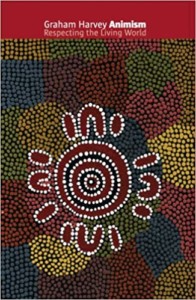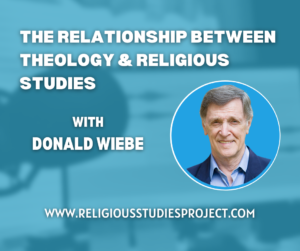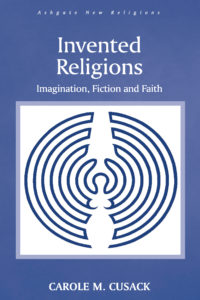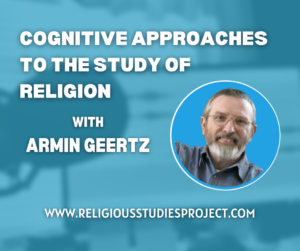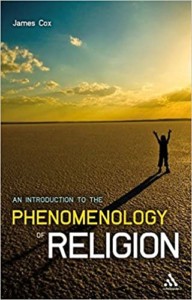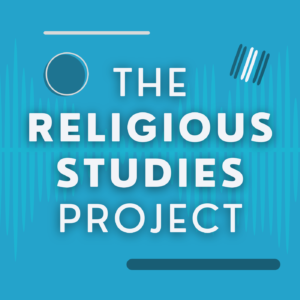
Youth, Sexuality and Religion
The Religion, Youth and Sexuality: A Multi-faith Exploration project, based at the University of Nottingham, looked at 18 to 25 year-olds from a variety of faith backgrounds in order to understand attitudes and practices around sexuality and how this was negotiated in relation to religious traditions. Dr Sarah-Jane Page, one of the research fellows, …


